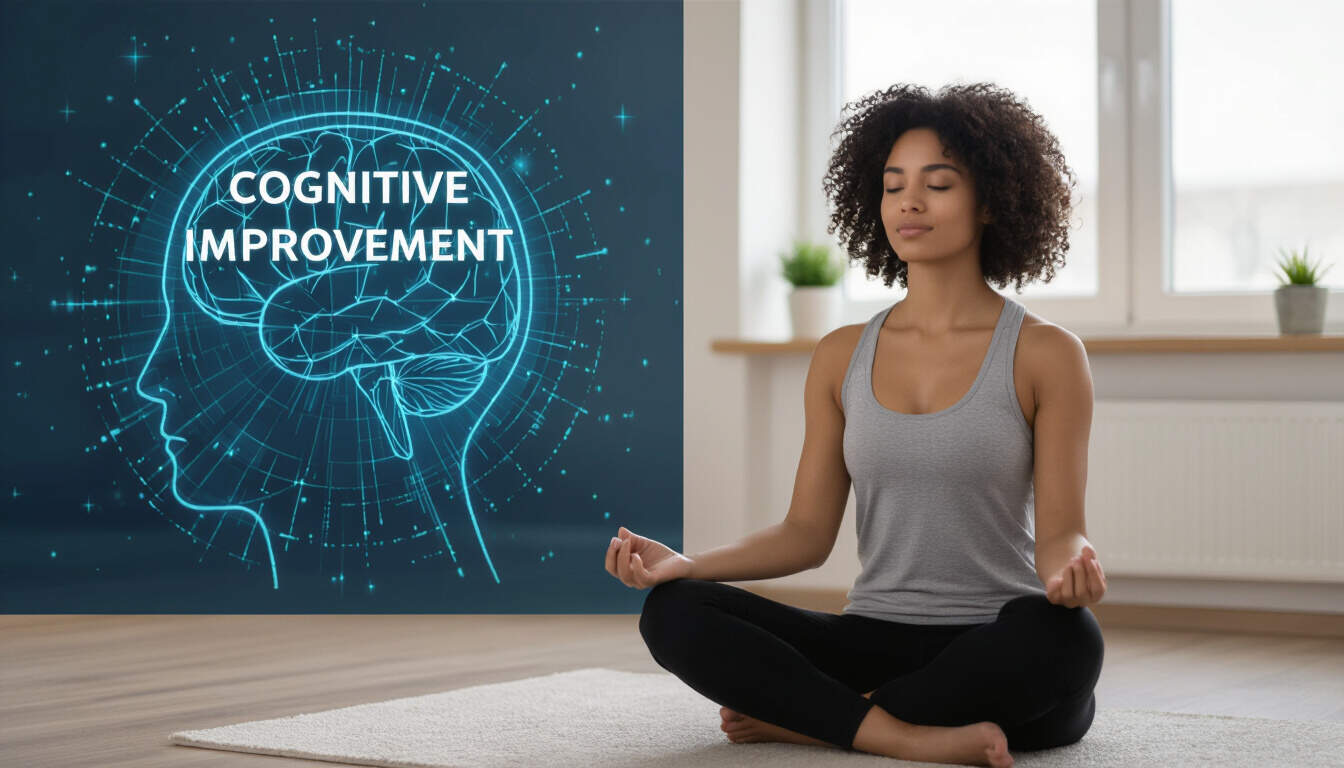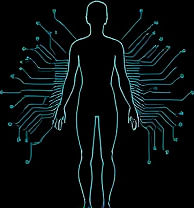Overcoming Brain Training Challenges for Enhanced Cognition
 by Verner Mayer
by Verner Mayer
Brain training offers ways to boost mental performance, but it comes with obstacles like maintaining consistency and measuring progress. This article explores effective strategies using nootropics and wearable tech to tackle these issues and achieve better cognitive health.

Brain training has become a key part of efforts to improve mental sharpness and overall well-being. Many people seek to enhance their cognitive abilities through various exercises and tools. One major issue is the difficulty in staying consistent with routines. For instance, daily practice can feel overwhelming without clear results, making it hard to keep going.
In practice, brain training requires dedication, but distractions from daily life often interfere. People might start with enthusiasm, yet maintaining a routine proves challenging due to fatigue or lack of motivation. To address this, incorporating supportive elements like diet and supplements can help.
Nootropics play a significant role in supporting brain health. These substances aid in improving focus and memory, which can make training sessions more effective. For example, certain natural compounds help reduce mental fog, allowing for longer and more productive exercises. Using nootropics alongside training methods provides a boost that eases the process.
Another challenge involves tracking progress accurately. Without proper tools, it's easy to feel discouraged if improvements aren't noticeable. This is where wearable technology steps in. Devices that monitor brain activity offer real-time data on cognitive performance. For those interested in self-improvement, these gadgets provide insights into how well exercises are working.
Benefits of Wearable Technology in Brain Training
Wearable tech, such as EEG headbands, measures brain waves during activities. This feedback helps users adjust their approaches based on actual data. For example, if a device shows increased activity in specific areas, individuals can focus more on those aspects. Such technology makes the process more engaging and personalized.
Common obstacles in brain training include adapting to new habits. Starting out, people often face resistance from their own minds, like difficulty concentrating at first. Over time, with regular practice, this resistance lessens, leading to better outcomes. Wearable devices can track this adaptation, showing gradual improvements that motivate continued effort.
In terms of personal enhancement, combining brain training with lifestyle changes yields the best results. Regular physical activity supports cognitive function by improving blood flow to the brain. A balanced diet rich in nutrients also contributes to mental clarity. When these elements align, the challenges become more manageable.
For those new to this area, beginning with simple exercises is advisable. Puzzles and memory games serve as entry points, building a foundation for more advanced techniques. As skills develop, incorporating nootropics can further enhance the experience. This step-by-step approach helps overcome initial hurdles.
Strategies for Success
To make brain training effective, set realistic goals. Aim for short sessions at first, gradually increasing duration as comfort grows. This method prevents burnout and ensures steady progress. Additionally, using apps that gamify the process can add an element of fun, making it easier to stick with.
One effective strategy involves pairing training with nootropics. For instance, taking supplements before sessions can improve alertness and retention. Over weeks, users often report better focus and quicker thinking. Wearable tech complements this by providing data to refine routines.
Personal stories from enthusiasts highlight the transformation possible. Many describe how overcoming challenges led to sharper decision-making and reduced stress. These accounts inspire others to persist through difficulties.
In conclusion, while brain training presents its own set of issues, solutions exist through innovative tools and supplements. By integrating nootropics and wearable technology, individuals can navigate these obstacles and achieve greater cognitive enhancement. The key lies in persistence and using available resources to support the journey toward better mental health.
Ultimately, the rewards of improved cognition make the effort worthwhile, empowering people to reach their full potential.
